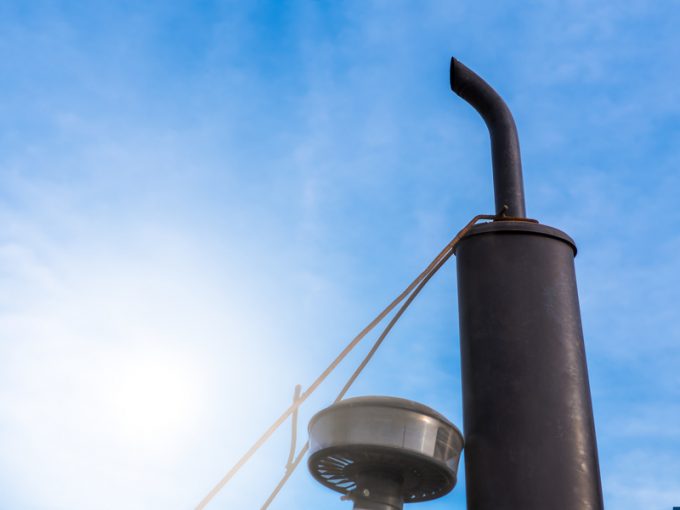Pricing deterrents have 'negligible impact' on shipping emissions, says study
Transport and Environment (T&E) has urged regulatory bodies to adopt “bespoke action” in reducing shipping ...

One of the cornerstones of the European Commission’s new green deal is to extend the emission trading scheme to the road haulage sector as a means for making road freight less attractive to shippers and thus reduce greenhouse gas emissions. However, this op-ed in Euractiv argues that the scheme is only likely to increase the risk of Giles Jaune-esque civil disobedience and lead to only a minimal reduction in emissions. “The key question facing the climate movement is how we ...
Amazon pushes into LTL for small package fulfilment and UPS does a u-turn
New senior management for DSV as it readies for DB Schenker takeover
Volumes set to 'fall off a cliff' as US firms hit the brakes on sourcing and bookings
Asian exporters scramble for ships and boxes to beat 90-day tariff pause
Temporary tariff relief brings on early transpacific peak season
'Tariff madness' will prompt renegotiation of ocean shipping contracts
Response to tariffs by Chinese importers may see extra costs for US shippers
Forwarders 'allowing the fox into the chicken run' by supporting 'hungry' carriers

Comment on this article